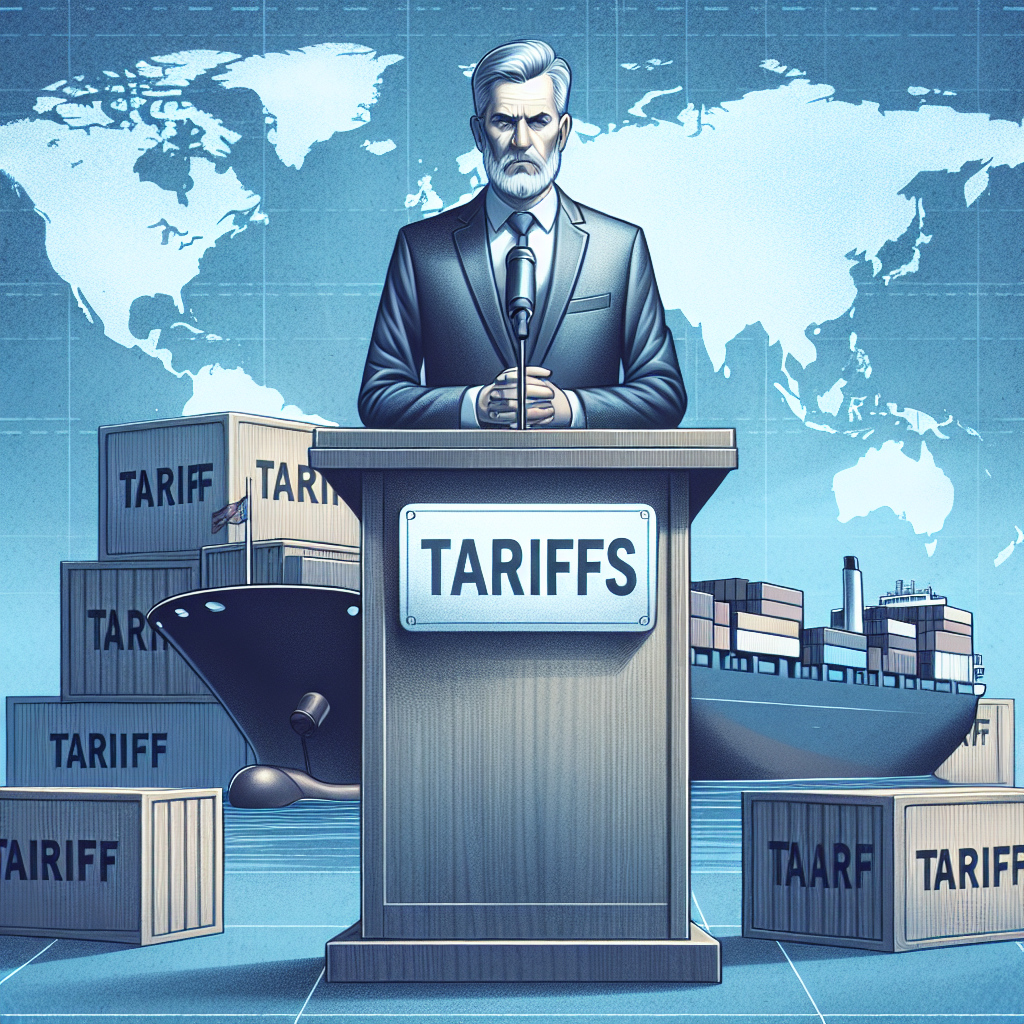Trump's Tariff Tensions: Global Markets React as U.S. Duties Rise
The U.S. plans to impose 104% tariffs on Chinese imports, triggering a global market reaction. Despite potential negotiations with allies, the steep tariffs on China are set to begin at midnight. Administration officials prioritize ally discussions, leaving China out. Consumer costs rise, prompting stockpiling.

The Trump administration confirmed the initiation of 104% tariffs on Chinese imports shortly after midnight, despite initiating talks with other trading partners. The tariffs have caused disruption in global markets, previously buoyed by hopes of possible negotiations to reduce trade barriers.
Talks are scheduled with South Korea and Japan, while the White House clarified that country-specific tariffs of up to 50% would still commence as planned, with severe implications for China. Trump's aggressive trade stance has raised fears of an economic downturn and reshaped longstanding trade orders.
While Trump seeks 'tailor-made' trade agreements with allies, his administration has not prioritized negotiation with China, leading to tensions and consumer price hikes. As the tariffs take effect, European countries consider counter-measures, heightening global trade conflicts.
(With inputs from agencies.)










